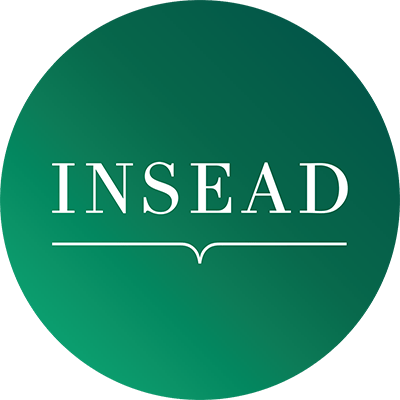Congratulations to Team Fable from Northwestern Kellogg for winning the Product Games 3.0 competition. Here is the summary of their experience.
The Beginning
In early October 2019, excited by new friendships, fresh experiences, and the opportunity to participate in and potentially win an MBA case competition, three first-year Kellogg School of Management friends gathered together and signed up for the 2019 INSEAD Product Games case competition. Without knowing it at the time, we had assembled a diverse team from backgrounds in consulting, sales and marketing, and operations, that was well-positioned to tackle the unique problem posed by the Product Games organizers.
We were tasked to localize a successful product or service from an emerging market to a developed market. After hours of research and discussions regarding potential products, our team finally agreed upon an app less than 24 hours before the first-round deadline. Despite the quick turnaround, we all strongly believed in the viability and quality of the product and were thus able to quickly build a compelling story and go-to-market strategy.
The Brainstorm
Our team discovered an app making strides in the highly fragmented Chinese food distribution market that directly connects farmers with restaurants. We looked at market similarities in this industry between China and the U.S. and identified it as an industry ripe for innovation. We also recognized differences between these two markets and accordingly augmented the product for launch in the U.S. market. While our core product remained quite similar to the offerings of the Chinese app, we innovated new ideas to add value to the U.S. market and end consumers.
The Field Research
To better understand our users, we ventured out into the field to speak to restauranteurs, farmers, and end consumers to pressure test whether our idea fulfilled a real need. Over a spread of eggs, toast and breakfast potatoes at our favorite local farm-to-table restaurant in Evanston, we spoke to the restaurant manager there about their current produce sourcing process. We connected with two local farmers in Illinois, who spoke to the challenges of managing the restaurant selling channel while juggling the demands of day-to-day farming; we also spoke to our classmates who frequent the local farmers’ market to understand their buying behavior. Through the field research, we were able to confirm our hypothesis that our product added value to our users, and also made tweaks to our proposed product to better serve the customer based on the pain points we’ve heard.
The Pitch Day
Guided by feedback from our amazing mentors from Amazon assigned by the INSEAD TMT organizing team and Kellogg faculty advisor, we refined our product pitch and built a prototype to visually conceptualize how the end product how operate. We also tweaked our product offering and pitch based on our interaction with the owner of a farm-to-table ice cream store in Seattle, who had been introduced to us by our favorite mentors from Amazon.
We took this pitch very seriously, especially given none of the members of our team had prior pitch experience. After hours of adjusting the deck, incorporating new findings and research, and accounting for mentor feedback, our final presentation looked vastly different from our initial submission. It was leaner, cleaner, and pitch ready.
To be fully honest, our team didn’t have a lot of time to practice the actual pitching. Like most MBA students, we were busy balancing schoolwork, social lives, and recruiting. However, we were all very passionate about our product, as reflected by the immense amount of time we put into the competition. The most difficult part of the process was the actual presentation and Q&A preparation. The actual pitch came quite naturally given the work we had previously put in.
Advice for Future Participants
- Go out in the field and talk to the customer – make it real!
- Be empathy-driven and aim to solve a real consumer need
- Ask for feedback from different sources
- Prepare to answer tough questions
- Assemble a team with a diverse set of skills
- Most importantly, have fun! Amazing things can happen when you have the right team, great mentors and resources, and a passion for people and products.

